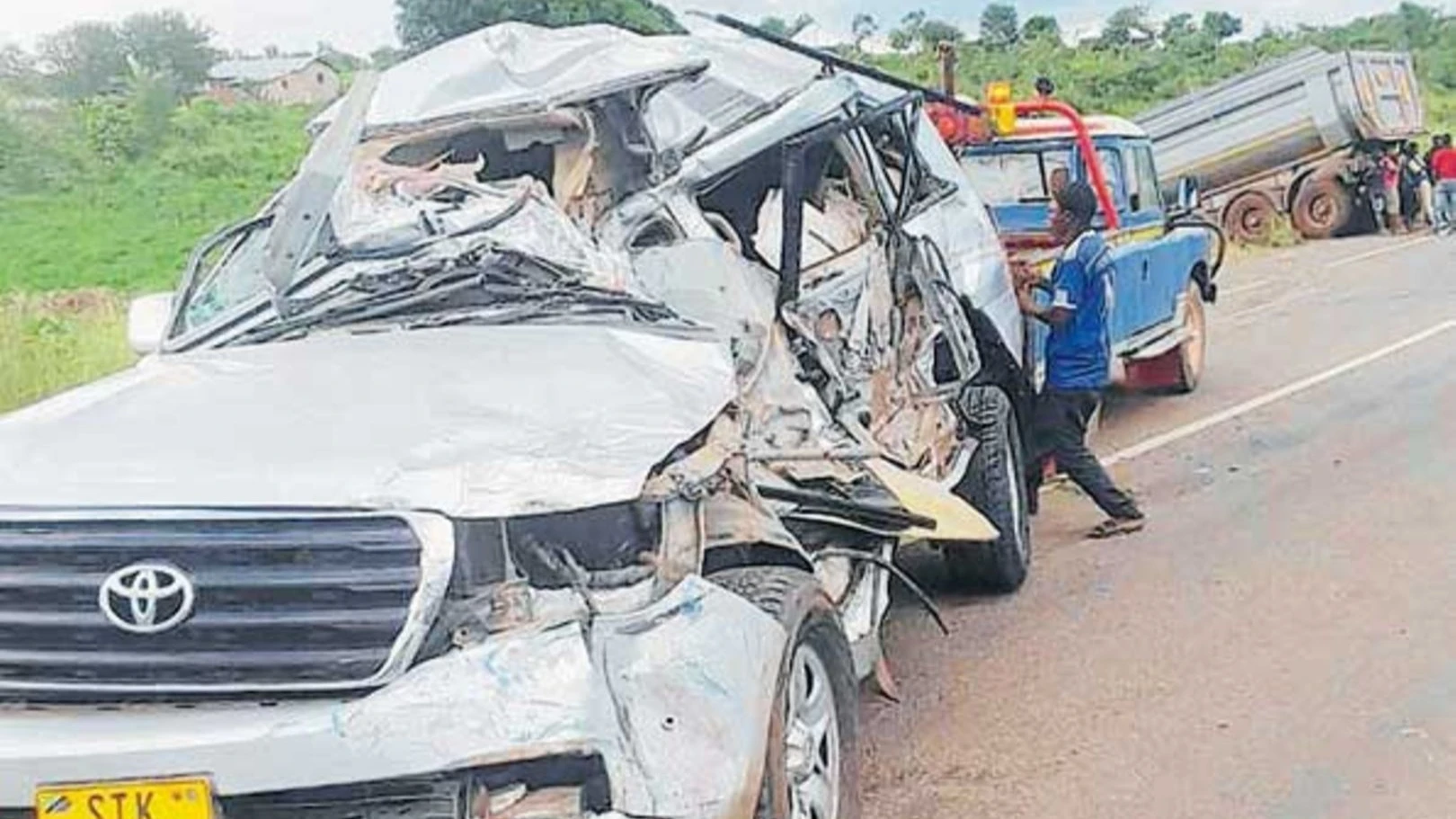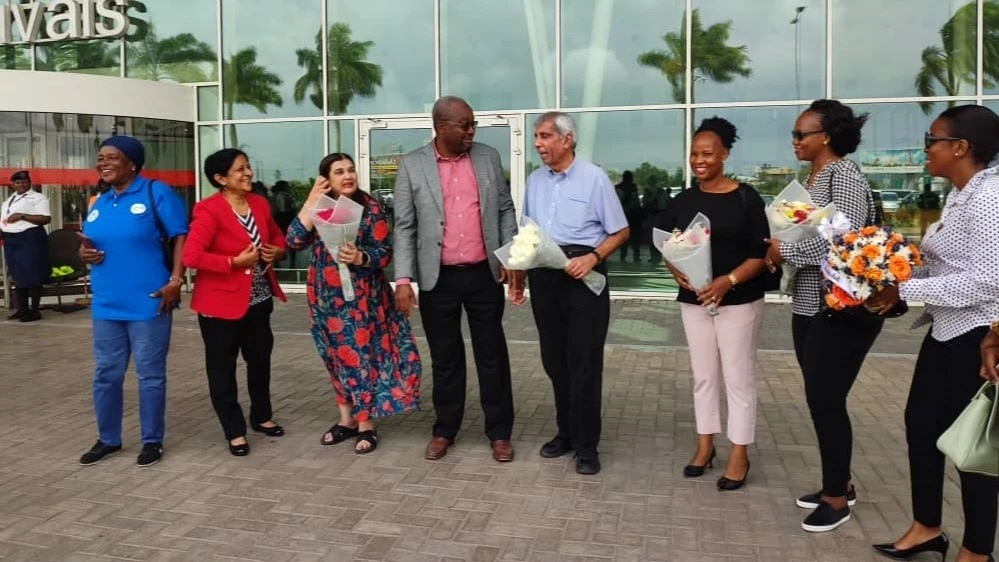‘Vehicle tracking paying off, reducing accidents’

EFFECTIVE execution of the vehicle tracking system (VTS) by the Land Transport Regulatory Authority (LATRA) has greatly helped decrease accidents caused by over speeding, officials affirm.
Japhet Kabelege, the LATRA quality assurance officer, made this observation in Dar es Salaam over the weekend at a training session for journalists under the Road Safety Journalists Association (TRSJNET) and the Mental Health Journalists Association (TAMHJO).
He said that driver fatigue has remained the main cause of road accidents on the basis of investigations conducted by the regulatory body, showing that during the past month, out of 15 accidents examined, eight occurred in the early morning hours, traced to driver recklessness and fatigue.
LATRA is now implementing a new strategy to monitor driver behaviour, seeking to ensure compliance with the legal requirement to not drive for more than eight hours.
LATRA is enhancing road safety through advanced technology. The vehicle tracking system set up in 2017 has shown positive results, he said.
“We expect to introduce a camera system that will start monitoring buses, including the number of passengers, especially those exceeding the vehicle’s capacity, and what is happening inside the bus,” he elaborated, noting that the cameras will assess fatigue, passenger loading and behaviour.
LATRA plans to introduce cameras positioned at the front, rear and near the driver’s seat, monitoring factors such as passenger numbers, vehicle capacity and driver fatigue, with
10,850 vehicles ranging from special hire buses, school mini-buses and regular passenger buses, having been installed with the cameras and registered in the VTS system, he stated. Registration is mandatory for monitoring passenger vehicles, he said, noting that VTS provides valuable data for immediate action if a bus is excessively speeding.
VTS will be used to control drivers exceeding the 100 km/h speed limit on highways, with repeat offenders facing license suspensions, he said, explaining that each registered bus is identified by the owner and regular driver. In that case drivers whose licences are suspended licenses can’t be assigned to other vehicles.
Another app, PIS, enables passengers to track bus locations and behaviour, where those expecting arrivals monitor bus progress and estimated arrival times, he said, pointing out that the technology helps prevent duplicate ticket sales. The system blocks additional sales once seats are filled, he asserted.
Bahati Musiba, a senior licensing and registration officer, said the app regulates vehicles providing public services, chiefly passenger transit, similarly advising passengers to “avoid purchasing food during trips for safety reasons.”
Mbwana Ndaro, in the same unit, said that when an accident occurs, the VTS system shows the speed and the location where it happened, such that the VTS system has been helpful with data collection. He was disappointed that a few individuals misuse the VTS system, citing 24 drivers whose licenses were suspended for speeding in the past month.
Dr. Henrika Kimambo, a neurologist at the Muhimbili National Hospital (MNH) Mloganzila branch, said that driving while fatigued is akin to driving under the influence of alcohol.
Fatigue impairs brain functions essential for decision-making, alertness and memory, leading to reduced awareness and delayed responses, she stated, while Dr Saidi Kuganda, a mental health expert at MNH, highlighted the consequences of prolonged work without rest.
It can lead to burnout and impaired concentration, hence the importance of mandatory breaks for public service workers to ensure both physical and mental well-being, he added.
Top Headlines
© 2025 IPPMEDIA.COM. ALL RIGHTS RESERVED






















